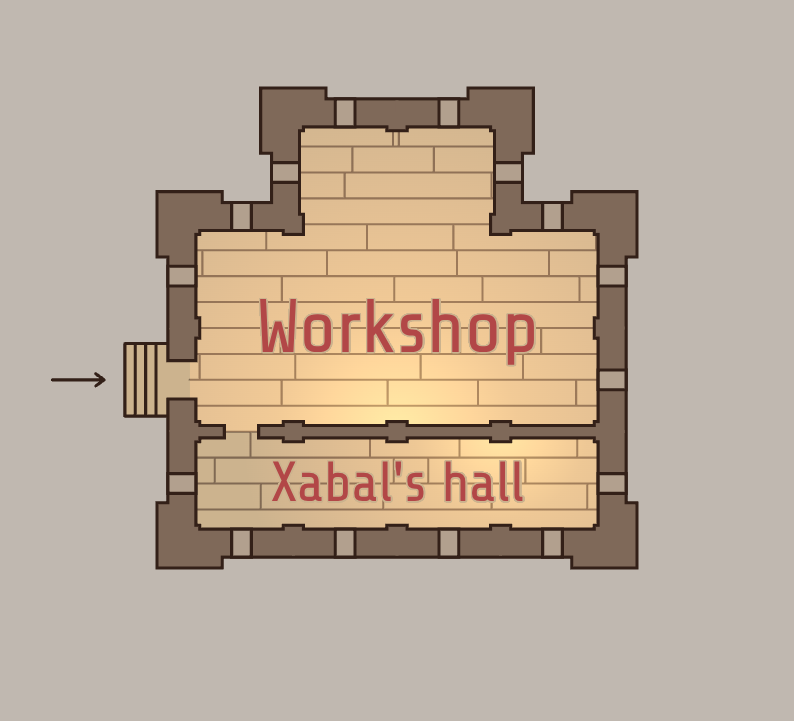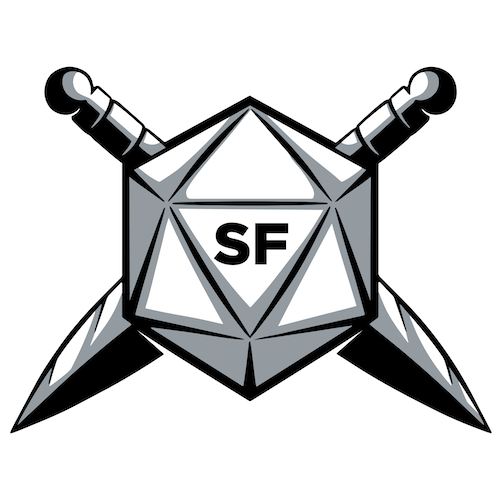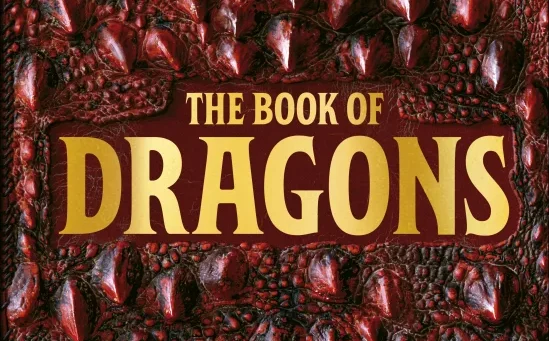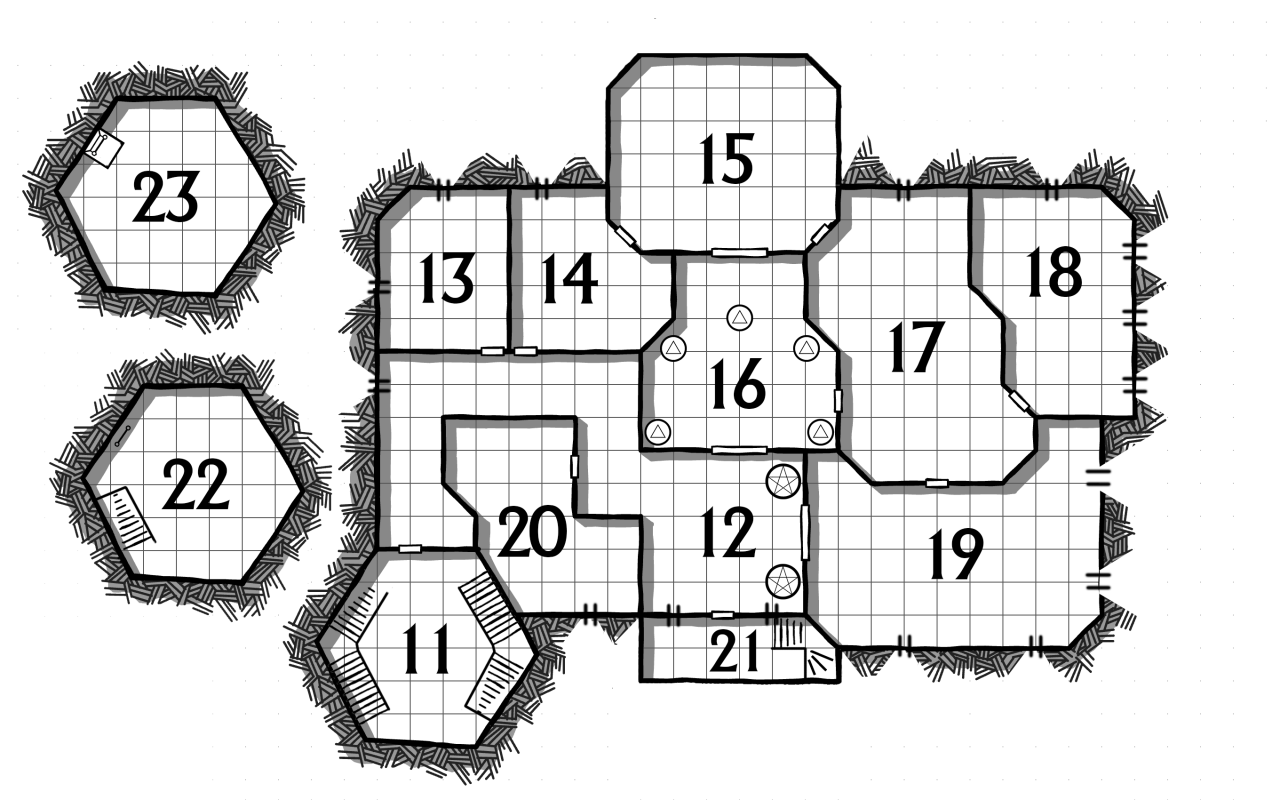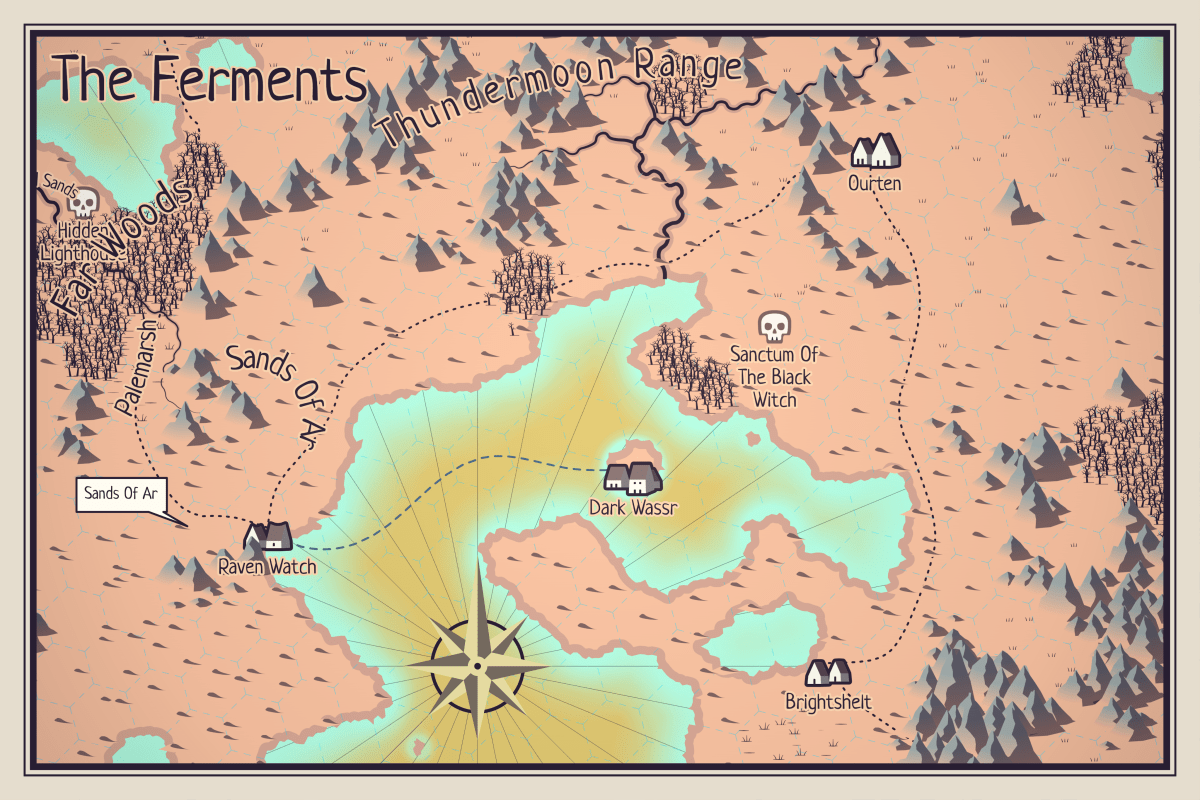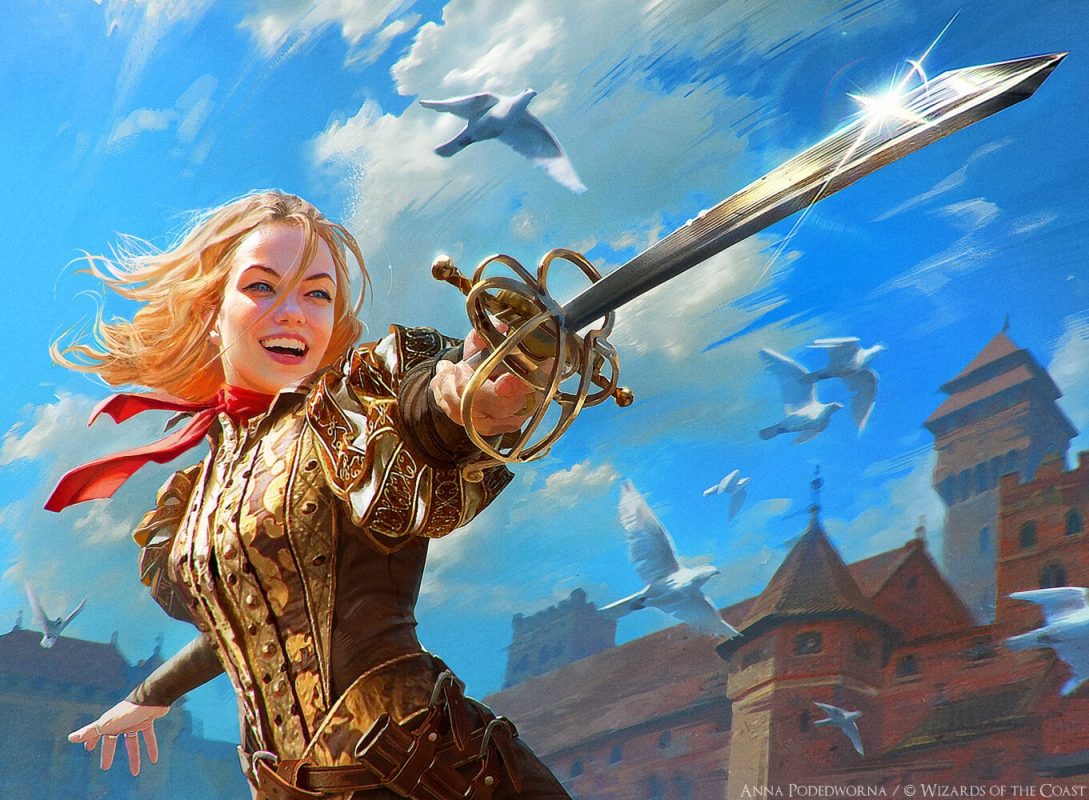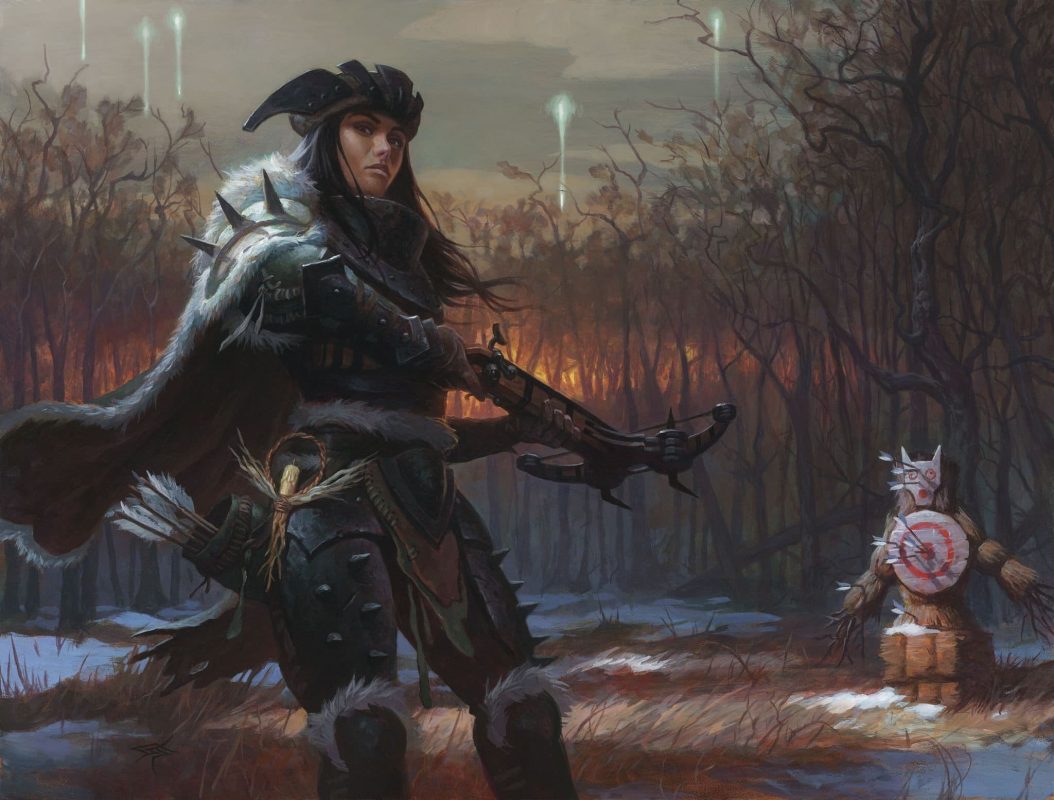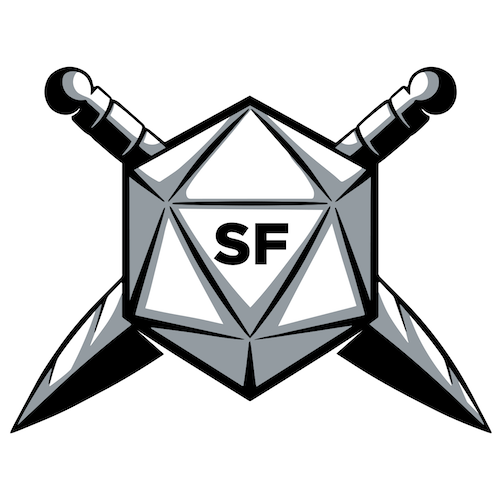SMOOSH JUICE
The Kingmaker Companion
Non-player characters (NPCs) are the lifeblood of a GM’s toolset in tabletop roleplaying games like Dungeons & Dragons. They infuse the world with life, provide opportunities to deploy lore, and help us forecast danger. But they can do so much more. Enter the kingmaker companion.
A kingmaker companion follows the party throughout their adventures, selling for the player characters (PCs) and acting as an avatar for the GM (GM). But this is not a PC for the GM. Our kingmaker companion isn’t the hero. The PCs are. This NPC doesn’t save the day or defeat the villain. Likewise, they are not the villain. I repeat, they are not the villain.
An NPC that tags along with the party is not a new idea. Sidekicks, henchman, and hirelings have a dozen iterations throughout the game’s history. But those are often entire sub-systems. The kingmaker companion is a simple and powerful alternative. We don’t even need a character sheet.
Building a Kingmaker Companion
When building a kingmaker companion, we need only focus on a few things.
Fun to roleplay. As a GM, this is our primary avatar among the cast of NPCs for the campaign. It better be fun to roleplay. We can choose a character archetype from popular media to inspire us. Even better, we can combine two or three. A few quirks and mannerisms will go a long ways.
One unique thing. Following the footsteps of the 13th Age RPG, we can give our NPCs one unique thing that sets them apart from everyone else. This shouldn’t be inherently powerful or always beneficial. The internet is filled with examples but here are a few to start:
- I am the hero of a prophecy that didn’t come true.
- I have no soul as it was traded away at birth.
- I want to be the very best at {insert thing} but I’m terrible at it.
One useful skill or knowledge area. The party needs a reason to bring this person on dangerous adventures. They might be an expert at picking locks if the party doesn’t have one. Or a physician that can stabilize and treat minor wounds if the party is without a healer. Better yet, they could be a guide or navigator that knows the region. Or a sage with expertise that the party can use.
Playing a Kingmaker Companion
By following a few simple guidelines, we can streamline how to play kingmaker companions so they aren’t adding more work to our already-busy plate as GM.
Combat. To reduce unnecessary complexity, kingmaker companions simply use the Dodge action each round or hide altogether. These NPCs have agreed to the dangers of the adventuring life but work hard to avoid them whenever possible.
Rolls. No character sheet, no problem. We can come up with a roll modifier on the fly but asking how good the companion is at the objective on a scale from bad (-1) to great (+3). Is the roll related to the companion’s useful skill or unique thing? Roll with advantage. Again, our companion isn’t the star of the show so they shouldn’t be rolling very often at all.
Useful Companions. The party can and should use the companion. They can lean on the companion for their specific knowledge or ask the companion to take on a specific task. Check for traps. Scout ahead. When it’s requested that they perform a dangerous task, the companion might refuse depending on their attitude towards the party at the time.
GM Aid. The gamemaster can use the companion when the party is stuck. Arguing over the best route to take? The companion jumps in with additional perspective or ideas. Stuck on a puzzle or trap? The companion can provide a clue.
Killing the Companion. To easily show the threat of death, we can sacrifice our kingmaker companion. This move will leave the party shocked and suddenly aware of the danger they face. And we can easily create another kingmaker companion.
Examples
- Trickfoot, an expert (+3 with Advantage) at disarming traps but awful (-1) at locating them. I’ve no recollection of anything before my 76th birthday.
- Merlin, a skilled blacksmith but bored by the profession. I bought a book made of human flesh but I can’t read the writing.
- Mandora, a melancholic librarian with bursts of outrage. I recently discovered my demonic ancestry.
- Salvorem, a retired professor of medicine and barber surgeon. I once saved the life of a blue dragon that lay dying after a battle.
- Tiastra, an astronomer with a penchant for drinking. I discovered (and then susequently lost) the legendary Blade of Doom.
The idea of a kingmaker companion is a simple and powerful one. It’s a lightweight tool that’s useful and fun for the GM and players.
Game on.


